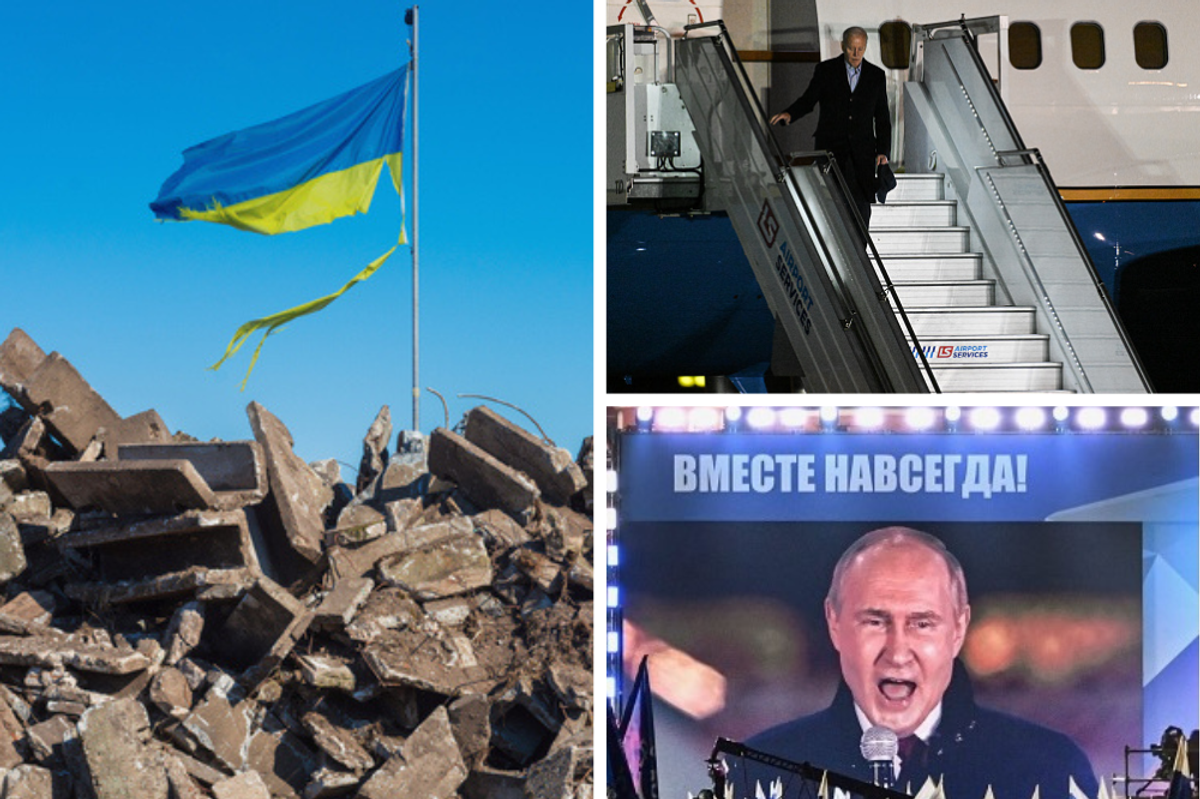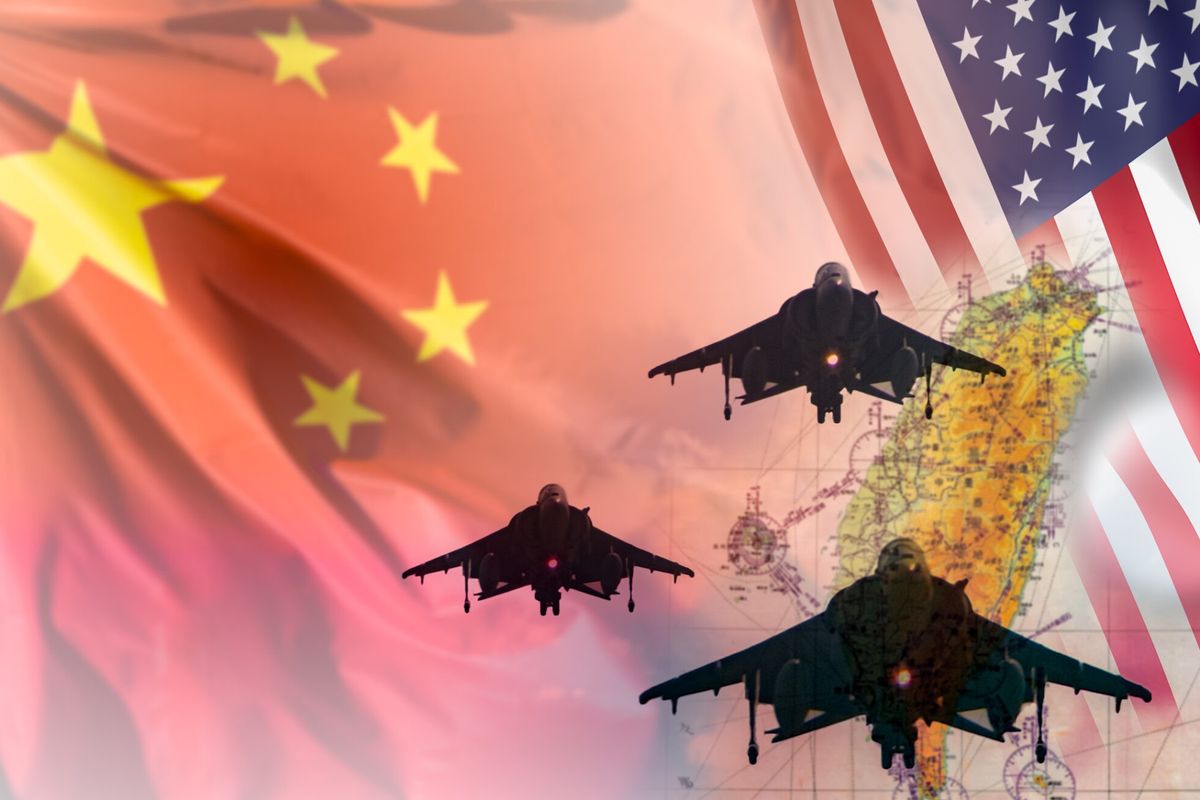Frank Mora, the former Deputy Assistant Secretary of Defense for the Western Hemisphere, told The Cipher Brief that President Barack Obama has two distinct objectives during his Latin America trip: In Cuba, the President wants to “maintain the momentum” and in Argentina, he hopes to “start a new chapter in the relationship.”
The Cipher Brief: President Obama is traveling to Cuba and Argentina at the end of March. What are the goals of this trip?
Frank Mora: The President’s visits to Cuba and Argentina are two very different trips for two very different reasons. However, both are part of the Obama administration’s overall commitment to the region that started with an important speech at the 2009 Summit of the Americas that established the foundations of President Obama’s policy in the Americas.
The trip to Cuba is an attempt to maintain momentum and consolidate what was started in December of 2014. By consolidate, I mean make progress as irreversible as possible, regardless of who is in the White House in January 2017. Over the last year and a half, several different functional agreements were signed with the Cubans to do just that: to solidify, to consolidate, and to institutionalize this process of normalization.
But the visit is also about promoting the issue of human rights – to be honest and frank about the continuing challenges they face with democracy and human rights. The White House has been very clear: the President will meet with dissidents and the opposition community in Havana. Human rights is still a concern for the administration and is the one area where there has not been much progress. For the last few months, the Cuban government has increased the number of short term detentions of Cuba dissident or opposition members. In fact, we see incidents of repression against members of the opposition every Sunday, usually after Mass, when dissidents quietly march through the streets of Havana. The Cuban regime’s response has been quick and violent as many are detained for short periods of time and then released. That is an important issue that I suspect will be raised both with the Cuban government and with the Cuban opposition when the president visits on March 21st.
The trip to Argentina is about starting a new chapter in the relationship between the two countries. U.S. relations with the Kirchner government were not positive. There were a number of challenges: the bondholders, the seizure of a U.S. military plane in February 2011, to name a few. These kept the relationship from moving forward—in fact, there was little to no dialogue between the two countries on most issues.
But the Macri government has shifted its foreign policy away from “just the neighborhood” – so to speak – and toward engagement with the rest of the world, including the United States, focusing on a positive agenda of mutual benefit. A number of issues between the two countries will be addressed with this new agenda. I believe that this will be the start of a period in which we continue broadening and deepening our relationship with Argentina on a whole host of issues, many of which have been placed on hold because of the previous challenges that Washington faced with the Kirchner government.
TCB: Do you see the negotiations between the government of Colombia and the FARC that are going on in Havana influencing this trip at all?
FM: No, I don’t think so. They are still hoping to sign an agreement in the near future, but it is not going to be around the time of the President’s visit to Cuba and to Argentina.
However, there might be statements made from Cuba about continuing U.S. support for the peace talks and the finalization of the agreement. The United States has been a strong proponent of that process. We have assigned a representative to that process – former Assistant Secretary Bernard Aronson. The U.S. is truly committed, both financially and politically, to trying to end the conflict and to supporting Colombia in a post-conflict phase.
TCB: There is one year left in the President’s administration. What would you recommend President Obama prioritize in terms of policy toward Latin America?
FM: The President, from the very beginning, has emphasized the importance of people-to-people connections. He has sought to promote and deepen the existing dense and organic relationships that go on below the level of nation-state. Take, for example, the 100,000 Strong in the Americas program—promoting greater student exchange or study abroad opportunities for U.S. university students in the Americas and vice a versa. This is an important people-to-people contact, which, I believe, is where the relationship really matters.
My personal view is that the number of times the President or the Secretary of State travels to Latin America is not what has the greatest impact in our relationship with Latin America. What matters far more is the amount of trade and investment, how many students are traveling and studying in Latin America, the interactions between NGOs and churches and other social networks throughout the Americas, and the flow of remittances from the United States to Latin America and the Caribbean. These kinds of connections are what truly impacts hemispheric relations — having an impact on the day-to-day. And, I think the president has – and hopefully will continue – emphasizing, underscoring, and trying to create the conditions to expand, to broaden, and to deepen these ties.
These are the ties that matter in the 21st century, not whether we’re sending economic aid to country X or whether the President or Secretary of State will be visiting country Y in the next six months. That has some political symbolism, but a very short shelf life. It’s not the same as remittances and trade and investment, which really has an impact on the day-to-day lives of the citizens of the Americas.













